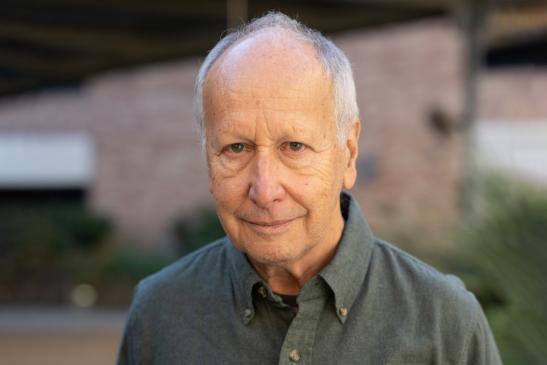The Norwegian Academy of Science and Letters has named Luis A. Caffarelli, a professor of mathematics at The University of Texas at Austin, winner of the 2023 Abel Prize, considered the Nobel Prize equivalent in mathematics and one of the top international awards. Norway’s King Harald V will present the Abel Prize to Caffarelli at an award ceremony in Oslo on May 23. He is the first Latin American mathematician to receive the award.
“For more than a quarter century here at UT, Luis Caffarelli has introduced ingenious new techniques that show brilliant geometrical insight,” said Jay Hartzell, president of The University of Texas at Austin. “I can’t think of a worthier selection for the highest honor in mathematics. Changing the world starts with understanding the world, and Luis has helped to advance humanity’s understanding of some of the most formidable problems in all of mathematics. His academic family tree is part of his impact and story, too, as he has mentored dozens of stellar mathematical minds.”
